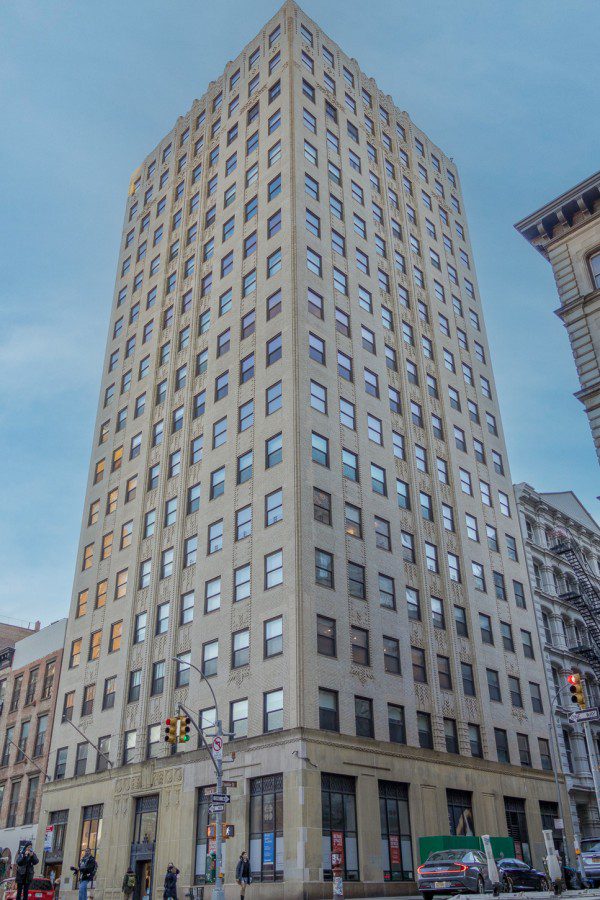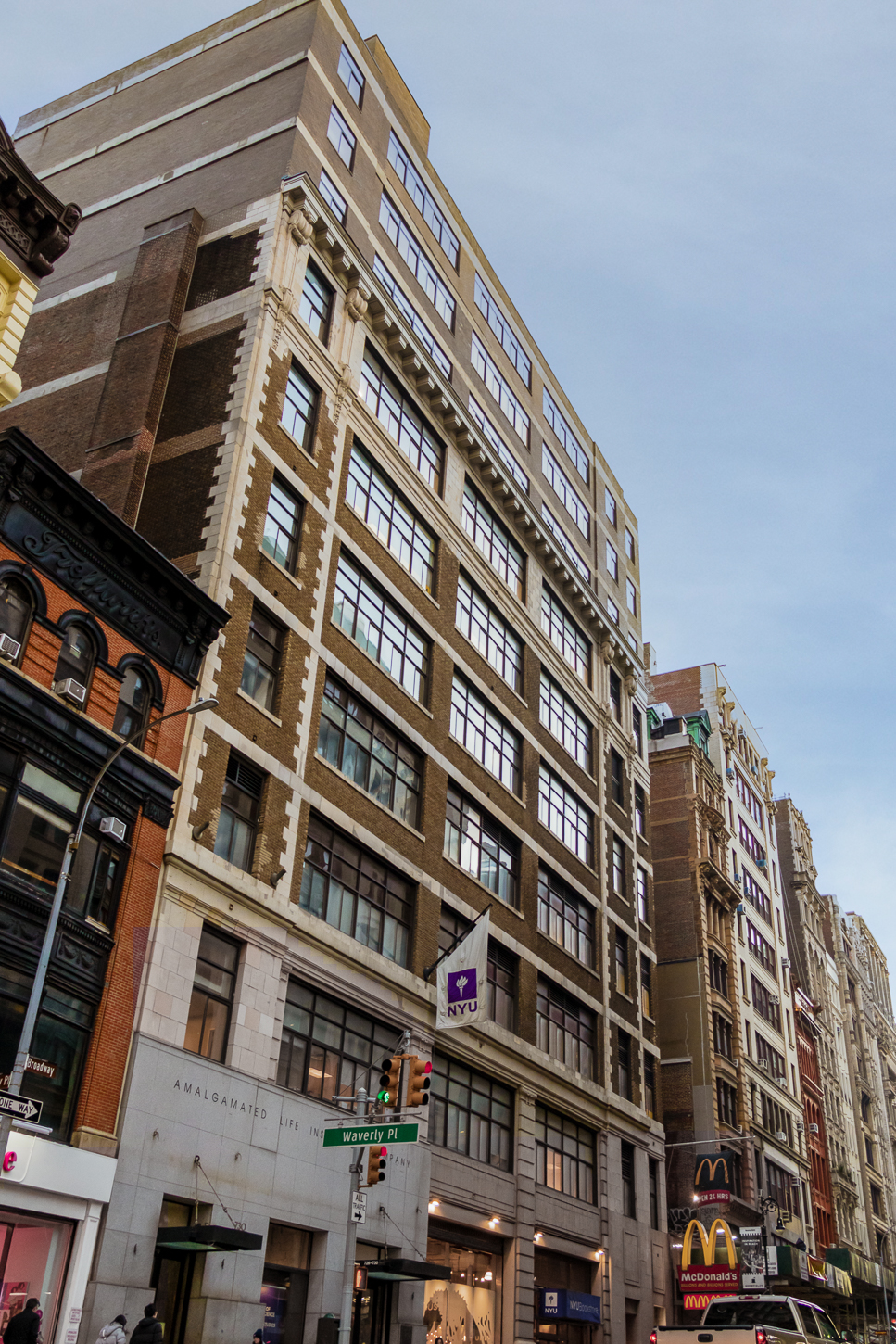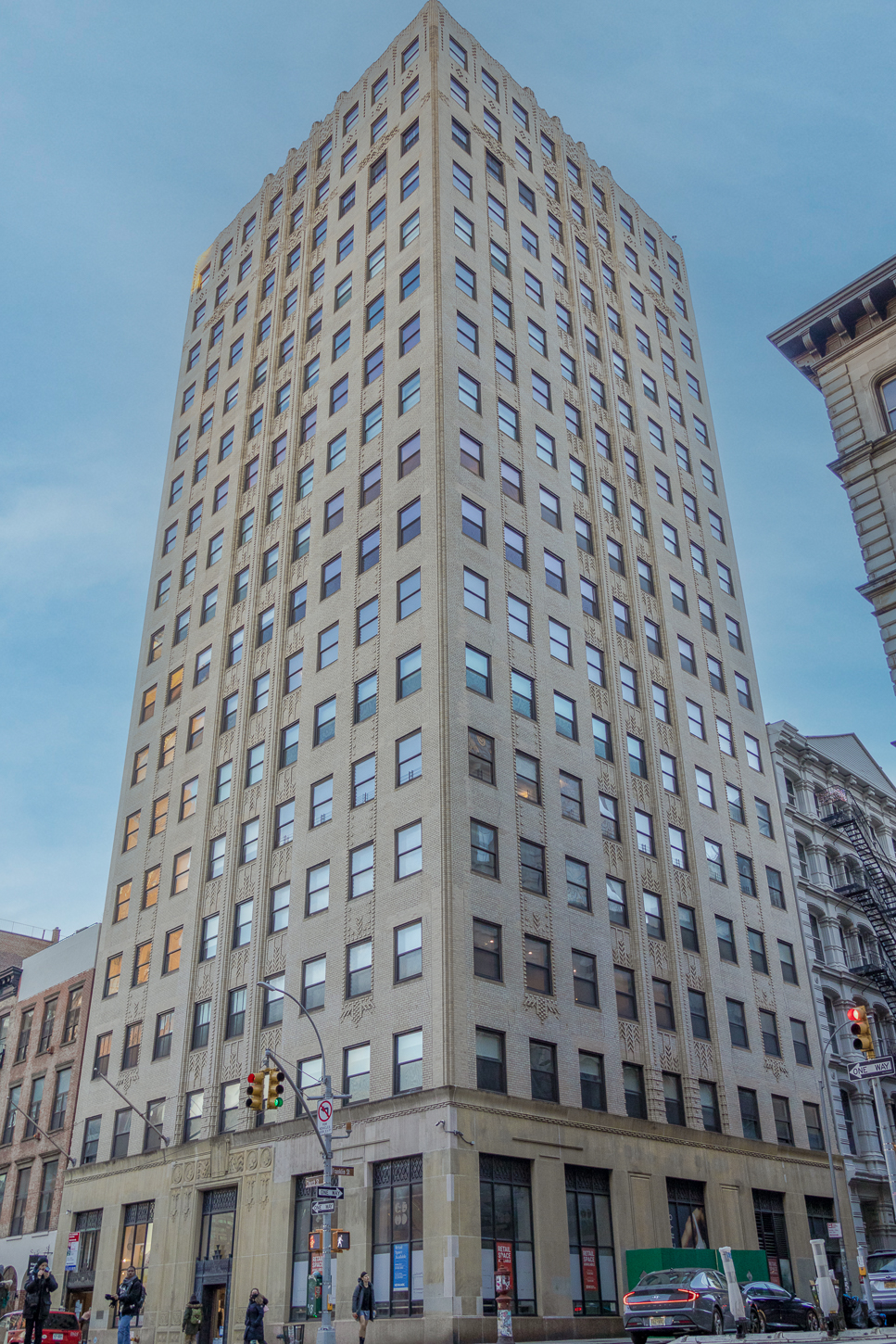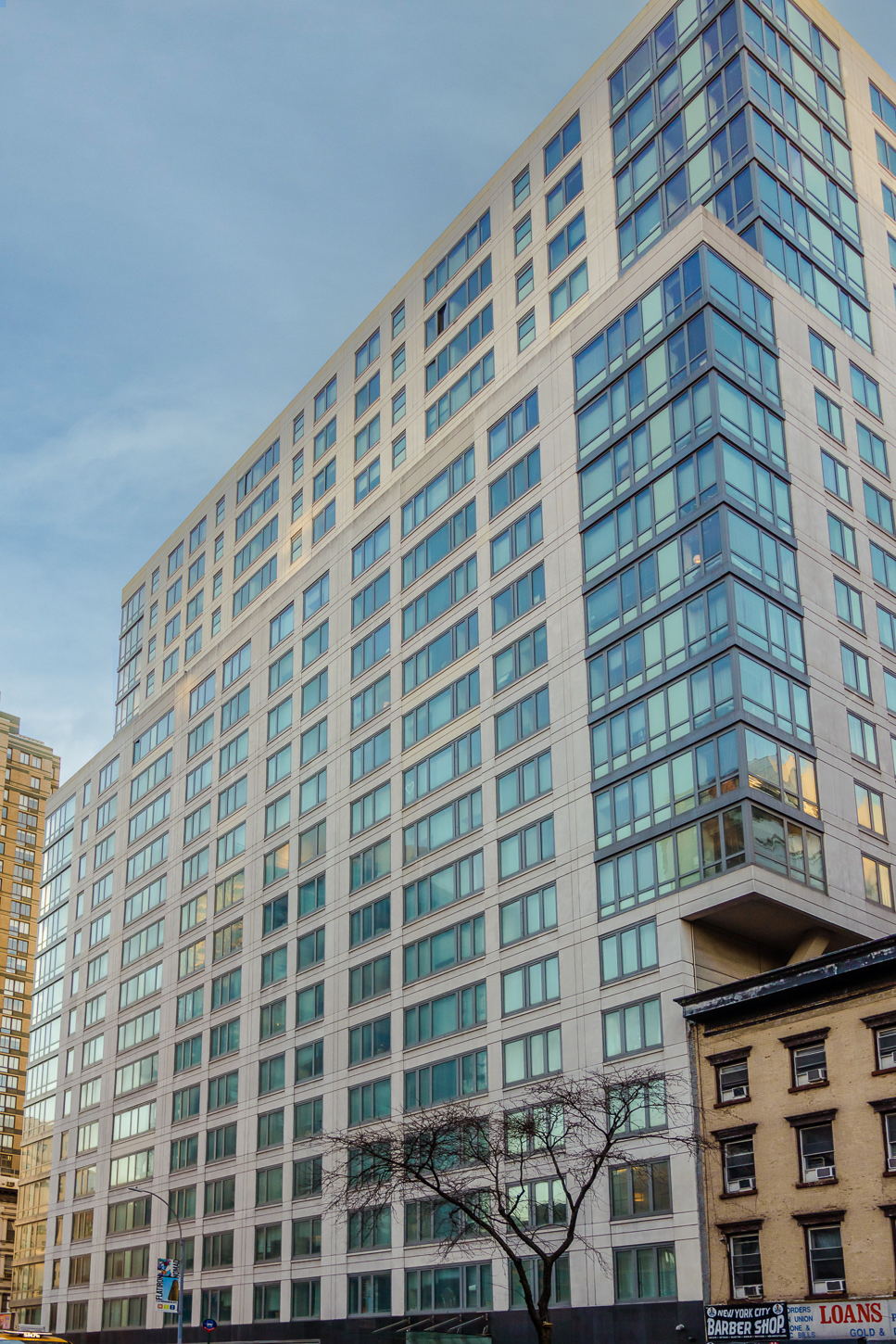NYU’s real estate holdings were worth around $15 billion in 2018. They include classrooms, offices and residential units in prime areas of Manhattan and Brooklyn. The university, however, doesn’t pay property taxes on these buildings.
NYU isn’t the only one. Columbia University, Fordham University and Cornell University don’t pay property taxes either. Educational nonprofits — which include NYU, believe it or not — are exempt from property taxes in New York.
“There’s a certain dollar amount that the city is not collecting in property tax revenue that, even as an underestimate, is a substantial amount,” said Elizabeth Brown, the Independent Budget Office’s communications director.
It’s difficult to pin down precisely how much money that amounts to, but publicly available data shows us an estimate. For the current fiscal year, New York City’s Independent Budget Office puts that dollar amount at $141 million. During that time period, which runs from July of this year through June 2023, 142 NYU properties are completely exempt from property taxes.
Those hypothetical taxes are likely an underestimate, according to Yaw Owusu-Ansah, an economist at the Independent Budget Office specializing in New York City property tax policy. Since NYU is exempt from paying the taxes, the city has no reason to devote a significant effort to accurately assessing its property value.
In New York and many other states, property used for certain nonprofit purposes are exempt from property tax. It’s not enough that the building is owned by a nonprofit institution, however. In order to qualify for tax exemptions, the building must be used for the nonprofit’s core function — in NYU’s case, education.
Without this requirement, universities would be incentivized to buy up normal businesses and housing to operate the properties tax-free, said Daniel Shaviro, a leading legal scholar on tax policy and an NYU Law professor. The state wants to avoid that outcome.
By state law, uses that qualify for the exemption include student housing, faculty apartments, administrative offices and classroom spaces. Land slated for development or in-progress construction sites also qualify on the basis of their intended use.
“The laws making not-for-profit organizations tax exempt evolved in recognition of the special mission they serve in society, and positive impacts they have on the communities they serve,” university spokesperson Shonna Keogan wrote in a statement.
If the state wants to help certain types of institutions — say, universities — tax exemptions can be an effective way to do so.
“A tax expenditure is a departure from normal rules to favor a certain activity,” Shaviro said.
Eligibility for tax exemptions, then, comes down to which activities we want to encourage. When it comes to how it’s done, policy decisions are made on the optics of an issue, not just the merits, Shaviro said. It looks better to grant an institution tax exemptions than to cut it checks for the same amount.
Owusu-Ansah said these policies allow states like New York to financially support institutions in an inconspicuous way. Universities are an asset for the city in ways that are hard to quantify. That’s the idea behind offering them tax breaks.
“The idea is that there is some additional contribution from these institutions for the services that they’re consuming,” said Ana Champeny, a tax policy researcher at the Citizens Budget Commission. She added that one of New York City’s greatest assets is its population of educated young people.



























































































































































